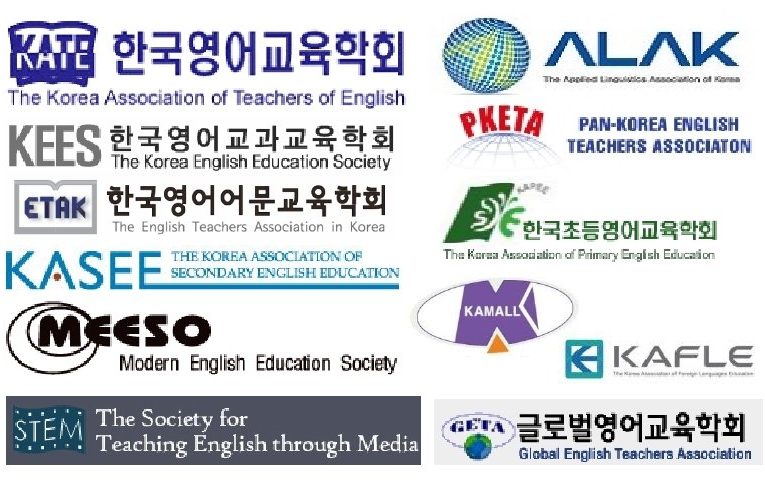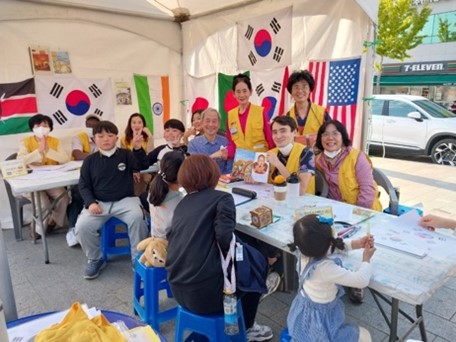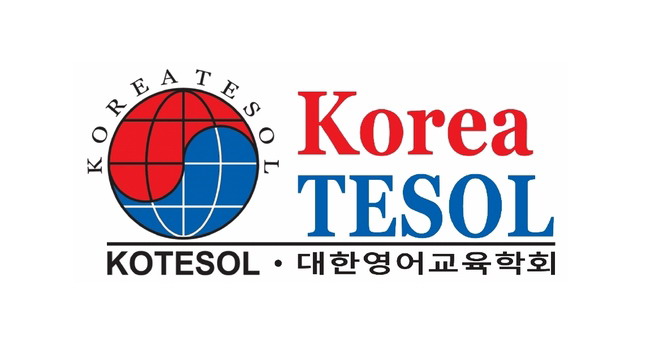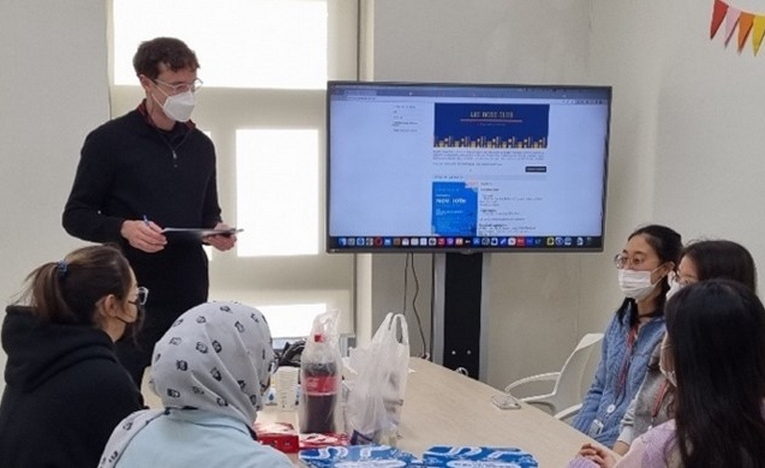Traits That Very Good English Teachers Exhibit
Have you ever sat back in your most comfortable chair and reflected on yourself as a teacher? Have you thought about what the most important traits are for an English teacher to possess and then considered how strong you were in each of those characteristics? This is something that we all should do, and do regularly, to improve ourselves as teachers. I think it is safe to say that no teacher is equally strong in all good teacher traits – if such a person were to exist, they would probably have moved into the business field, where they could rake in an income that would place them in a much higher tax bracket than that of teachers.
Let’s consider the following (short and by no means exhaustive) list of teacher characteristics and, as we do, reflect on how strong (or how weak) we may personally be in each of the characteristics, and consider what we can or should do to strengthen ourselves in that teacher trait. As you are reflecting, you need not stop with the items listed below; add your own items and reflect on them also.












